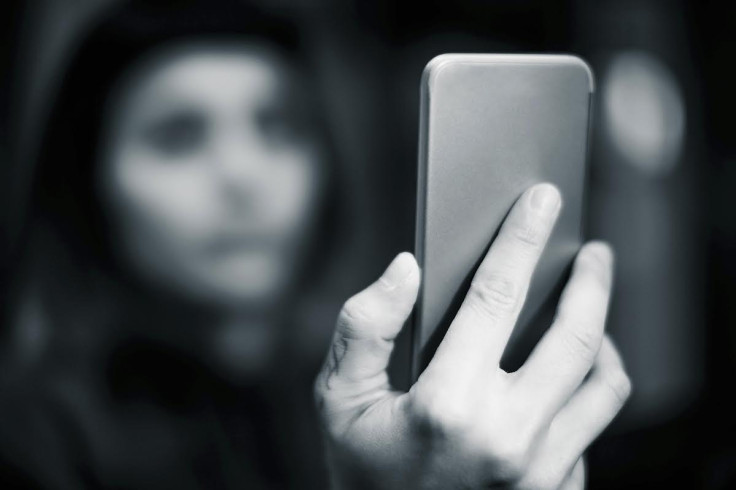Silent Circle: Blackphone developer removes warrant canary sparking fears of government snooping
Privacy-centric smartphone maker said warning was removed for "business reasons."

Silent Circle, the privacy-centric smartphone and app developer, has reportedly killed off its 'warrant canary', sparking concerns that users may now be at heightened risk of surveillance.
Warrant canaries are used by service providers and technology firms as a way of circumventing gag orders that come alongside government requests for customer information – often in the form of a National Security Letter (NSL).

Typically, they work by the firm in question producing a clear dated statement that it has not received any requests for user information or alterations to its service. If the message is not updated or disappears altogether it is a clear sign of trouble.
Now, as first reported by TechCrunch, Silent Circle is facing mounting questions after its warrant canary mysteriously took flight. According to Matt Neiderman, the firm's general counsel, the reason was a "business decision."
He said: "As part of our focus on delivering enterprise software platform we discontinued our warrant canary some time ago. The decision was a business decision and not related to any warrant for user data which we have not received."
Yet as critics note, the wording the response was carefully orchestrated. On Reddit, where the wording was scrutinised, one commenter noted: "Nice double negative there, Silent Circle. What does that even mean? They have not received any warrants, or they have not responded to a warrant they haven't received?"
One Silent Circle staffer, who claimed to be a 'back-end developer', wrote on a HackerNews thread he had no knowledge of the firm receiving such a compel notice. He said: "As far as I know (and, sure, I may not know, although if someone wanted something from the server I'm one of a few guys that could get it), we haven't received any letters."
He continued: "What makes me even more confident, though, is the fact that there really isn't much data to give. All we have is some ciphertexts for attachments, and messages aren't retained, even encrypted. We don't even log IPs or other personal information, so I'm not sure what usefulness an NSL would serve."
The secretive letters are routinely used by US law enforcement and while the full scope of the FBI's use of them remains unknown, it is believed the agency has sent out more than 300,000 over the past 10 years. Meanwhile, John Pistole, a former deputy director of the FBI, said in March 2007 the agency was sending out 40,000 to 60,000 NSLs a year.
As reported, more information about the content of the letters was recently exposed after technology firm Yahoo was granted permission to disclose three NSLs it had received between April 2013 and June 2015.
© Copyright IBTimes 2025. All rights reserved.






















